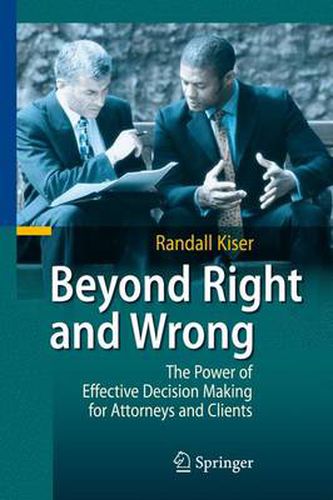Readings Newsletter
Become a Readings Member to make your shopping experience even easier.
Sign in or sign up for free!
You’re not far away from qualifying for FREE standard shipping within Australia
You’ve qualified for FREE standard shipping within Australia
The cart is loading…






This title is printed to order. This book may have been self-published. If so, we cannot guarantee the quality of the content. In the main most books will have gone through the editing process however some may not. We therefore suggest that you be aware of this before ordering this book. If in doubt check either the author or publisher’s details as we are unable to accept any returns unless they are faulty. Please contact us if you have any questions.
Let us endeavor to see things as they are, and then enquire whether we ought to complain. Whether to see life as it is, will give us much consolation, I know not; but the consolation which is drawn from truth if any there be, is solid and durable: that which may be derived from errour, must be, like its original, fallacious and fugitive. Samuel Johnson, Letter to Bennet Langton (1758) Attorneys and clients make hundreds of decisions in every litigation case. From initially deciding which attorney to retain to deciding which witnesses to call at trial, from deciding whether to ?le a complaint to deciding whether to appeal a verdict, attorneys and clients make multiple, critical decisions about strategies, costs, arguments, valuations, evidence and negotiations. Once made, these de- sions are scrutinized by an opponent intent on exploiting the consequences of any mistake. In this intense and adversarial arena, decision-making errors often are transparent, irreversible and dispositive, wielding the power to bankrupt clients and dissolve law ?rms. Although attorneys and clients may regard sound decision making as incidental to effective lawyering, sound decision making actually is the essence of effective lawyering. An attorney’s knowledge, intelligence and experience are inert re- urces until the attorney decides how to deploy those skills to serve the client’s interests. Those decisions, in turn, largely determine a case’s course and outcome.
$9.00 standard shipping within Australia
FREE standard shipping within Australia for orders over $100.00
Express & International shipping calculated at checkout
Stock availability can be subject to change without notice. We recommend calling the shop or contacting our online team to check availability of low stock items. Please see our Shopping Online page for more details.
This title is printed to order. This book may have been self-published. If so, we cannot guarantee the quality of the content. In the main most books will have gone through the editing process however some may not. We therefore suggest that you be aware of this before ordering this book. If in doubt check either the author or publisher’s details as we are unable to accept any returns unless they are faulty. Please contact us if you have any questions.
Let us endeavor to see things as they are, and then enquire whether we ought to complain. Whether to see life as it is, will give us much consolation, I know not; but the consolation which is drawn from truth if any there be, is solid and durable: that which may be derived from errour, must be, like its original, fallacious and fugitive. Samuel Johnson, Letter to Bennet Langton (1758) Attorneys and clients make hundreds of decisions in every litigation case. From initially deciding which attorney to retain to deciding which witnesses to call at trial, from deciding whether to ?le a complaint to deciding whether to appeal a verdict, attorneys and clients make multiple, critical decisions about strategies, costs, arguments, valuations, evidence and negotiations. Once made, these de- sions are scrutinized by an opponent intent on exploiting the consequences of any mistake. In this intense and adversarial arena, decision-making errors often are transparent, irreversible and dispositive, wielding the power to bankrupt clients and dissolve law ?rms. Although attorneys and clients may regard sound decision making as incidental to effective lawyering, sound decision making actually is the essence of effective lawyering. An attorney’s knowledge, intelligence and experience are inert re- urces until the attorney decides how to deploy those skills to serve the client’s interests. Those decisions, in turn, largely determine a case’s course and outcome.